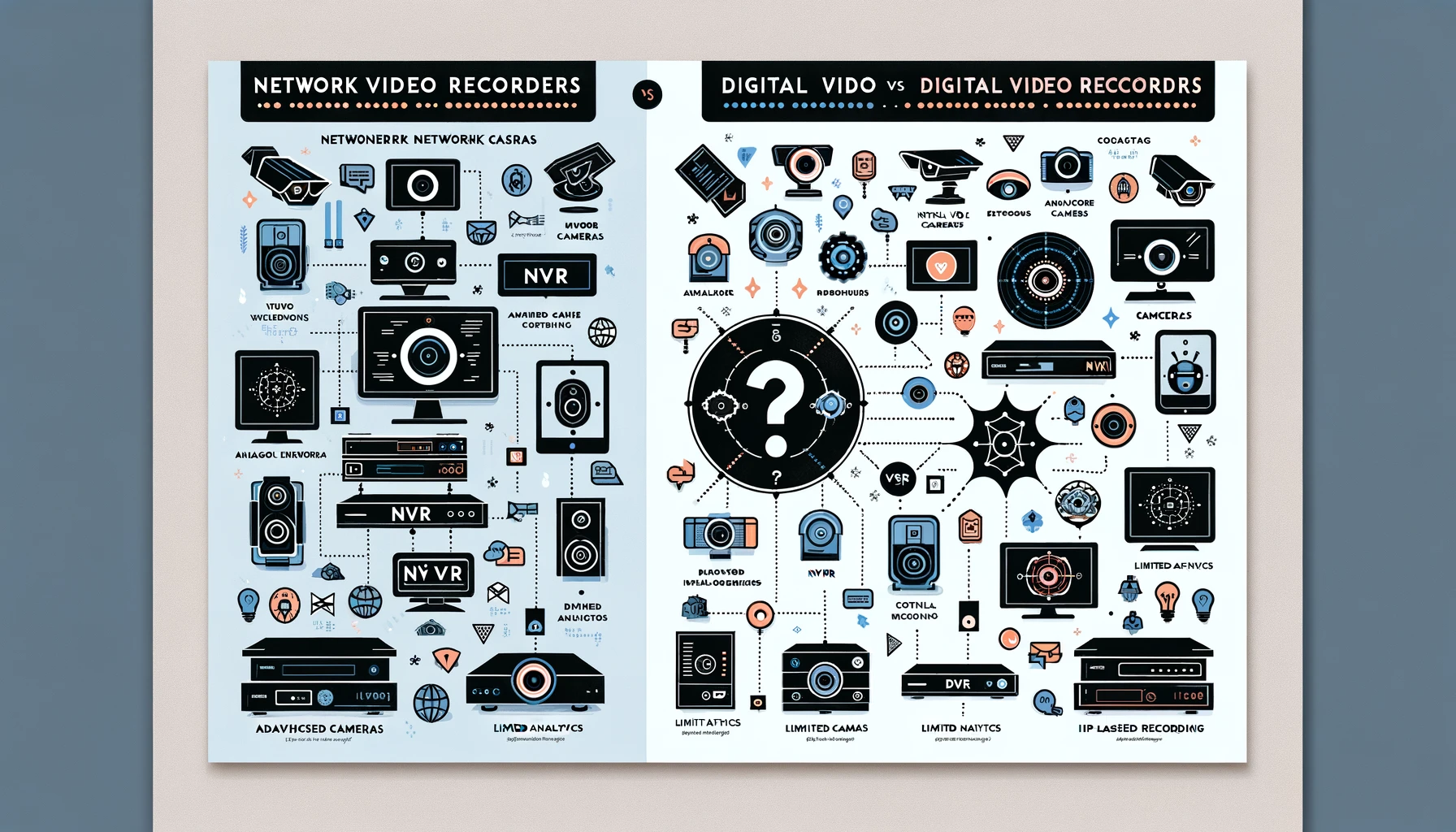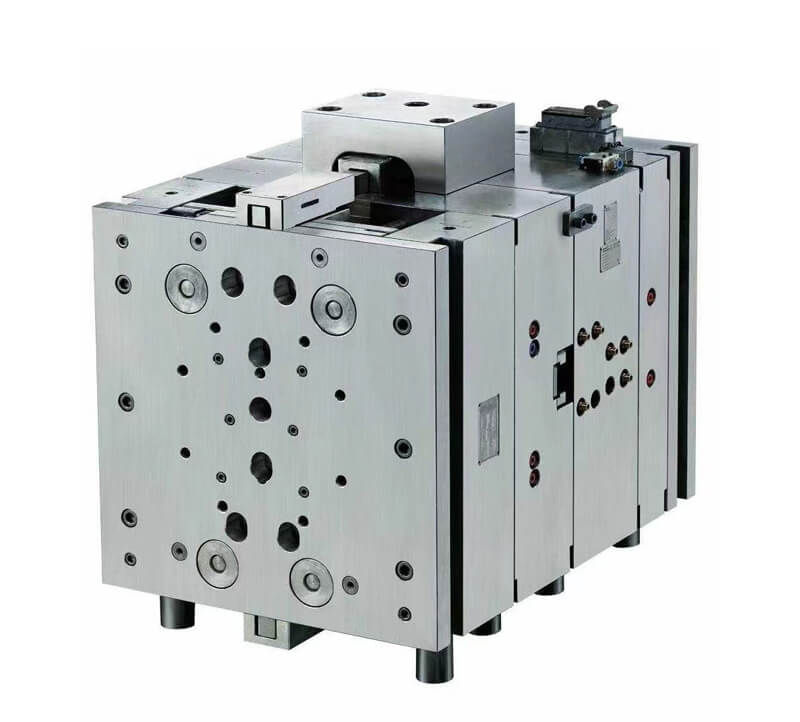NVRs represent the newer, more advanced technology in video surveillance, working with digital IP cameras. These systems process video data at the camera and then transmit it to the NVR for storage and remote viewing. NVRs support higher-resolution video, offer more flexibility in camera installation due to their connectivity over Ethernet or wirelessly, and come with advanced features like remote viewing, intelligent video analytics, and support for audio.
DVRs are traditional surveillance systems that connect to analog cameras via coaxial cables. They convert analog video signals into a digital format for storage and viewing. DVRs are generally less expensive than NVRs, making them a cost-effective option for users with existing analog camera setups. They’re straightforward to install, requiring no network knowledge, and can be a seamless upgrade for an existing CCTV system.
The decision between DVR and NVR systems ultimately depends on specific user needs, existing infrastructure, budget, and desired features. For those upgrading an existing analog system or working within a tight budget, a DVR might be the appropriate choice. However, for users seeking higher video quality, flexibility, and advanced features, investing in an NVR system could be more beneficial in the long run.
Sourcing Shenzhen Studio will source CCTV products that are very compatible with Sumsang, Panasonic, Axis, Hikvision, and Dahua for you.





